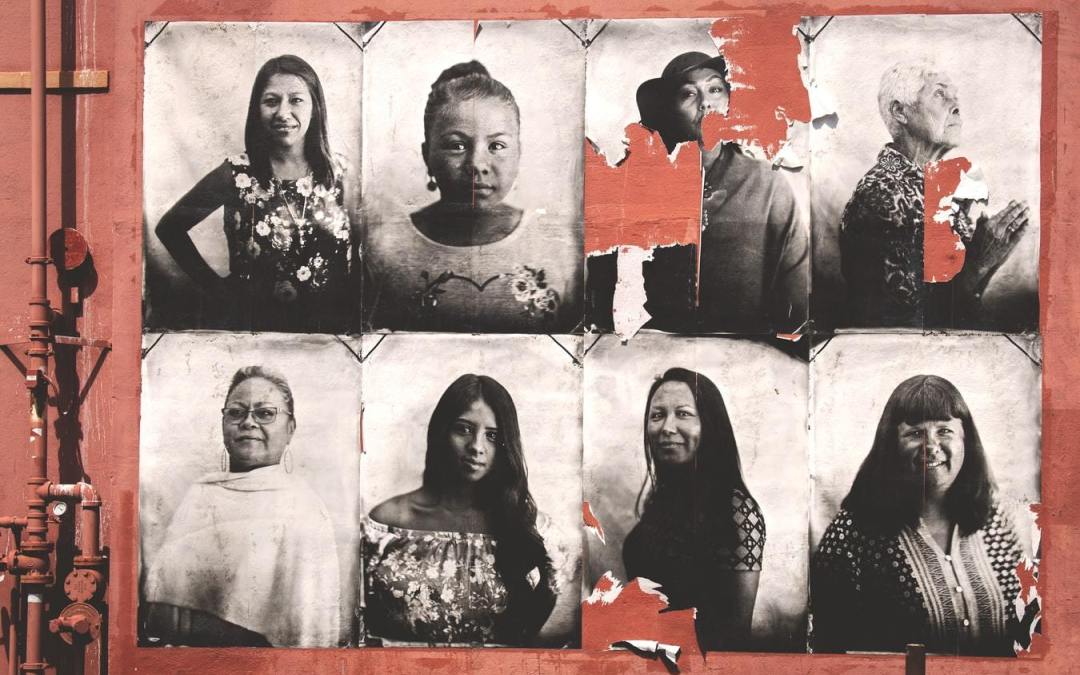For 33 years, we have had the privilege of celebrating history’s powerhouse female figures, as a nation, every March. That’s because Congress passed Public Law 100-9 in 1987, not only designating March as “Women’s History Month,” but also solidifying a fact that we have known for a very long time: women’s accomplishments change the world for the better.
According to womenshistory.org, Women’s History Month began as a local celebration in Santa Rosa, California.
“The Education Task Force of the Sonoma County (California) Commission on the Status of Women planned and executed a “Women’s History Week” celebration in 1978. The organizers selected the week of March 8 to correspond with International Women’s Day. The movement spread across the country as other communities initiated their own Women’s History Week celebrations the following year.”

14-yr. old striker, Fola La Follette, and Rose Livingston. Glass negative from the George Grantham Bain Collection, 1913. Library of Congress Prints & Photographs Division. Photograph shows suffrage and labor activist Flora Dodge “Fola” La Follette (1882-1970), social reformer and missionary Rose Livingston, and a young striker during a garment strike in New York City in 1913.
Women’s History Month also has ties to Utah, as Senator Orrin Hatch and Representative Barbara Mikulski worked first to establish March 8th as the start of Women’s History Week, and that later transcended to the entire month.
In this video, former Legislative Aide Susan Scanlan discusses how this legislation came to be passed:
On a page dedicated to Utah’s Women’s History, you can read the story of how western suffragists Martha Hughes Cannon, Sarah M. Kimball, Emmeline B. Wells, and Zina D. H. Young, worked alongside Susan B. Anthony and Anna Howard Shaw to gain, and maintain, the right to vote. From this article we read:
In contrast to other parts of the nation, most Utahns supported a woman’s right to vote and hold office. Both national political parties in Utah–Democrat and Republican–supported these rights in their party platforms, and women’s suffrage organizations throughout the territory lobbied delegates to include these rights in Utah’s constitution. Despite minor opposition, the delegates voted to include a clause in the constitution that granted women’s suffrage and the right to hold office.”

The best part of women’s history is that it’s being made every day. It is so good to look back, and be proud of the many women who have helped shape our society (political figures and activists), and shape our lives (our mothers, our teachers and our role models). But it’s also crucial to build up and encourage our new generation of girls and young adults, as well. They will be the leaders, the voices and the forces of nature that influence the world events of tomorrow. We want them to know that they are supported, and that their decisions, perseverance and dedication to what they love are the ground work for so much good to come.
—
 Facebook
Facebook
 X
X
 Pinterest
Pinterest
 Copy Link
Copy Link

